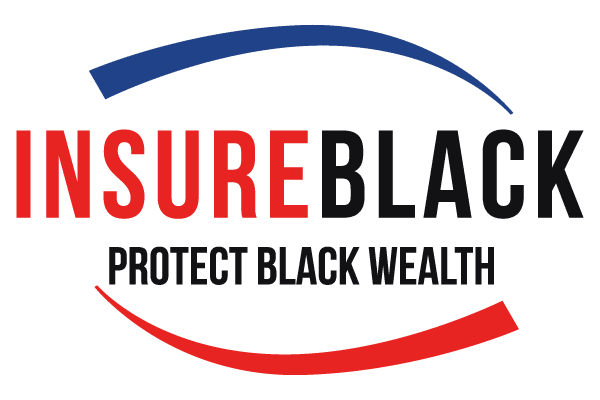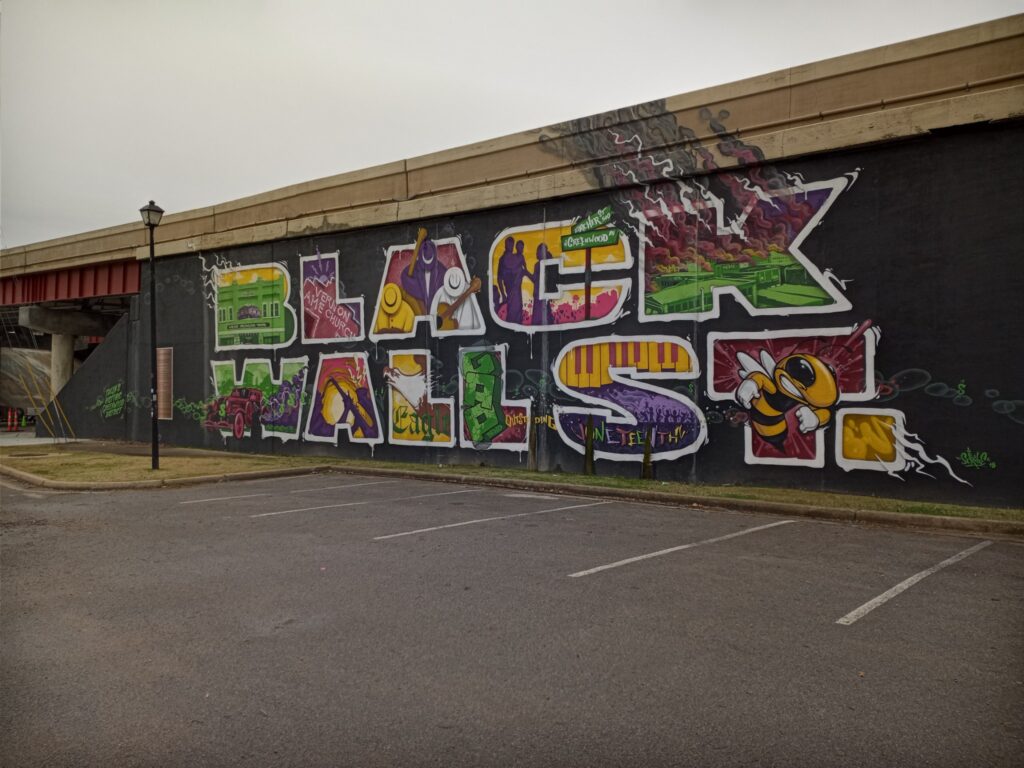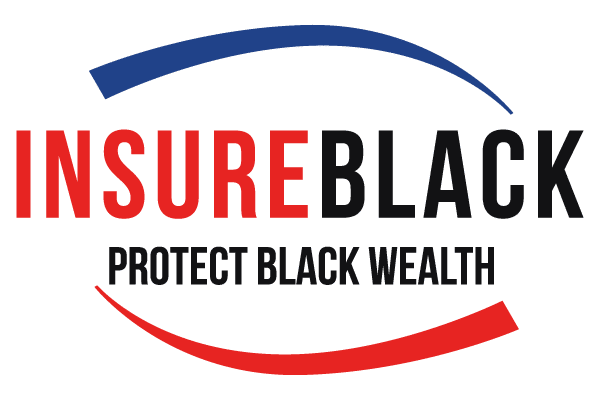White mobs destroyed Tulsa’s Black Wall Street but insurance companies tried to stop its resurrection. In 1921, the 35-square-block Greenwood district was a thriving Black business center, so much so that it became commonly known as Black Wall Street. It featured luxury hotels, Black insurance companies, newspapers and theaters. One theater owner, Loula Williams, also ran a candy store in Greenwood. After hundreds of Blacks were massacred and more than 600 Black owned businesses were bombed, Williams sought relief from the eight insurance policies she’d obtained from three different insurance companies. All of her claims were denied, mostly because she was a Black entrepreneur.
Jared Council highlighted the story of Loula Williams for The Wall Street Journal in May of 2021. Her losses were estimated at over $1 million in today’s dollars, losses that should have rightfully been covered by insurers. Her story, sadly, was common. We’ll never know how much was truly lost because, as Council pointed out, many business owners didn’t have full insurance coverage. Many who did have full coverage and were still denied claims didn’t bother to press the matter in court. They had good reason not to believe in the justice system: records maintained by the Oklahoma Historical Society show that 96 lawsuits were filed against more than 30 companies and 76 were dismissed (the outcome of the other 20 couldn’t be substantiated with documentation).
The people of Greenwood were determined to rebuild even in the face of local resistance, without the help of insurers or the government. Some 80 businesses were opened by the end of 1922. Many more, however, never made it back and those that did were forced to do so at great expense. Capital that should have been invested in expansion or left as an inheritance was poured into trying to salvage what had been. Without discrimination from insurers, however, the story would have ended differently.
Black entrepreneurs had great difficulty accessing adequate coverage for their businesses in those days. In this case, however, the coverage Black entrepreneurs were able to access was flatly denied due to an obscure exclusionary clause. In short, the clause let insurers off the hook in cases “caused directly or indirectly by invasion, insurrection, riot, civil war or commotion, or military or usurped power.” It was well known that such events would generally only happen to Black people– Blacks didn’t go to white neighborhoods and riot or cause bodily harm. This was the failure of Black businesses by design, the legacy of which has robbed generations of Black people of resources they should rightly have.
Black entrepreneurs today can’t go back and get what was lost. They can, however, make strategic decisions in the present. Discrimination can still rear its ugly head today in the insurance industry but this is certainly not 1921. 100 years later, there are a number of Black insurance agencies committed to serving Black entrepreneurs with a host of insurance products that can help them avoid the fate of their ancestors. Black businesses, historically, have been unprotected and the consequences linger. It’s time to protect Black businesses and Black insurance agencies are eager to do so.
Protect Your Business Now: FIND A BLACK INSURANCE AGENCY


